Dunbar Considers 4×4 Schedule
The change could lighten workloads and help students and teachers build relationships during NTI.
The abrupt transition to online learning in March was a hectic one: teachers choosing between seemingly dozens of online platforms, administrators scrambling to put together some kind of schedule, everyone adrift in the chaos that marked the arrival of COVID-19.
Now, as schools around the country consider a virtual return to school, administrators are more prepared.
On July 23, the Fayette County school board voted to start the fall semester virtually. As they plan for a return to non-traditional instruction (NTI), Dunbar’s administration is considering changing the structure of school days entirely.
In an email sent on July 28, parents and students were asked to indicate their preference between two different types of schedules.
The first option is a “4×4 block schedule” in which students take four classes one semester, and then another four classes the next semester. The other option is Dunbar’s traditional “A-day/B-day block schedule” in which students take eight classes for the entire year.
The primary advantages of a 4×4 schedule are the socio-emotional benefits. It was hard enough to stay in touch with friends during the last three months of the 2019-20 school year.
For students starting new courses and meeting new teachers, especially freshmen who likely won’t know most of the people in their classes, the challenges will be even greater.
A 4×4 schedule would allow students more time to get to know their peers and instructors, potentially lessening the social difficulties created by NTI.
Taking four classes per semester might also lighten workloads and make for a simpler NTI process, as students would have to keep track of assignments and schedules for half the number of classes as in an A-day/B-day system.
Given how difficult it was last semester for me to remember which teachers used Canvas and which Google Classroom, this simplicity could be an enormous benefit.
Additionally, if students struggle with NTI work and fail a class in the fall semester, they could theoretically retake the class in the spring, making it easier to meet graduation requirements.
For teachers, too, a 4×4 system presents many advantages. With fewer students, teachers could spend more time getting to know each pupil. It would also be easier for them to assist students who aren’t completing NTI assignments and might need extra support or outreach.
And having fewer classes to teach would permit teachers to spend more time planning each one, allowing instructors to make their courses more meaningful and engaging despite the barriers created by virtual instruction.
A 4×4 system could even be beneficial when we do return in-person: by having four classes instead of eight, students and teachers would be in contact with fewer people, lowering the risk of spreading COVID-19.
But such a schedule is not without its drawbacks.
A 4×4 schedule would complicate classes like MSTC Research and EBCE, which require students to be off-campus for multiple blocks year-round, although it’s unclear whether those off-campus classes can be offered at all in the middle of a pandemic.
And for students taking AP tests, taking different classes in different semesters presents difficulties. If a student finishes a course in December, they may forget much of the content by the time of the AP exam in May.
Similar problems could apply to other standardized tests. If students only take a math class for one semester, say, they might not have the regular practice they need to perform well on the ACT or SAT in the spring.
More broadly, subjects that require consistent practice, such as music and foreign language, may be difficult to teach on a 4×4 schedule.
In an email sent to Dunbar band parents, Cheri Pungratz of the PLD Band Parents Association expressed these concerns about AP tests and music instruction.
Students “would lose the fine motor skills required to play a music instrument due to such a long time off,” Ms. Pungratz wrote, and “may potentially lose interest in music.”
However, students enrolled in AP or music classes represent a minority of the student body.
And it is arguably more important to prioritize the students who were most disadvantaged by NTI — the students juggling increased responsibilities and struggling to stay in contact with peers and teachers — than the students who are already academically (and economically) privileged enough to manage the difficulties created by the pandemic.
We need a system that prioritizes safety and equity, that allows students and teachers to succeed academically and socially.
A one year 4×4 schedule may do just that.

Hi! I’m Sadie Bograd, and I’m a senior at Dunbar. This is my second year on Lamplighter staff. I’m now one of the program’s Editors-in-Chief. Along...



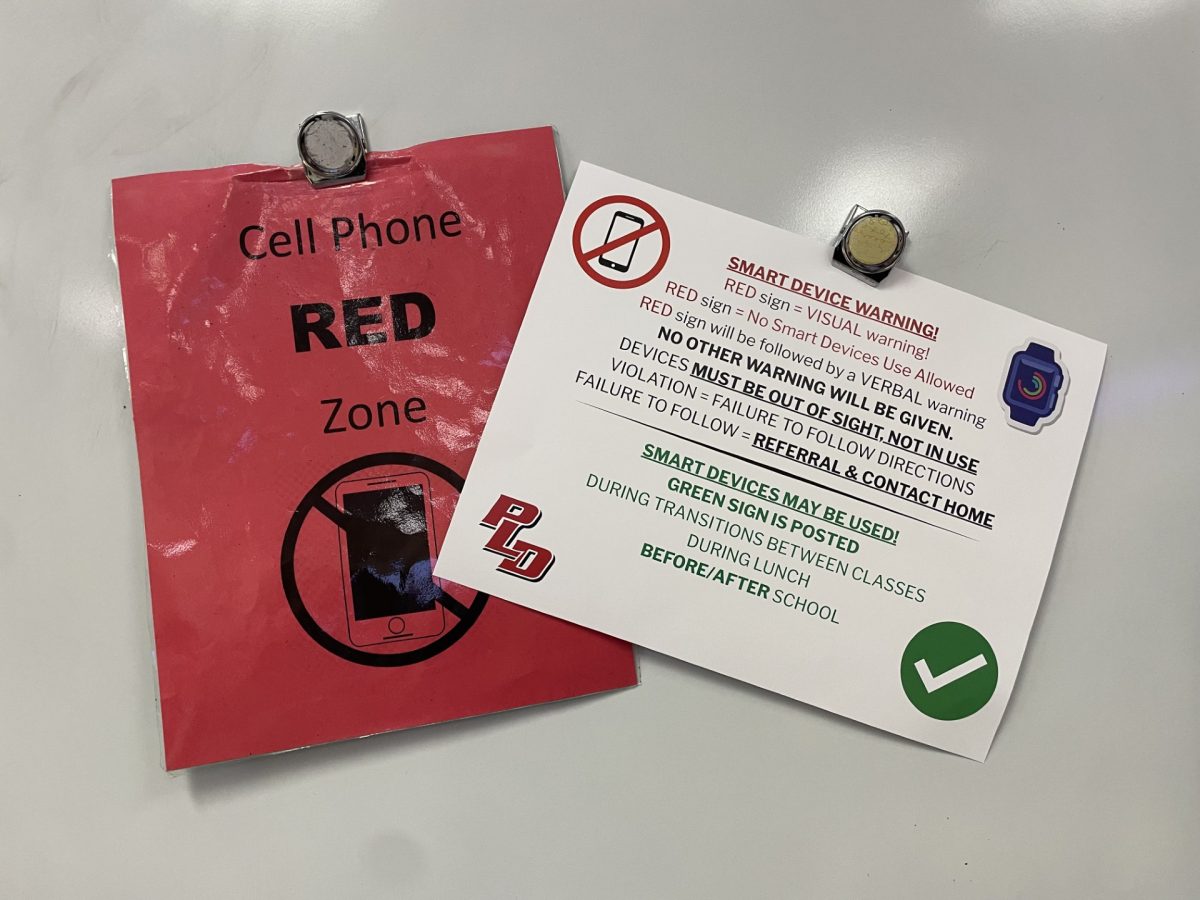
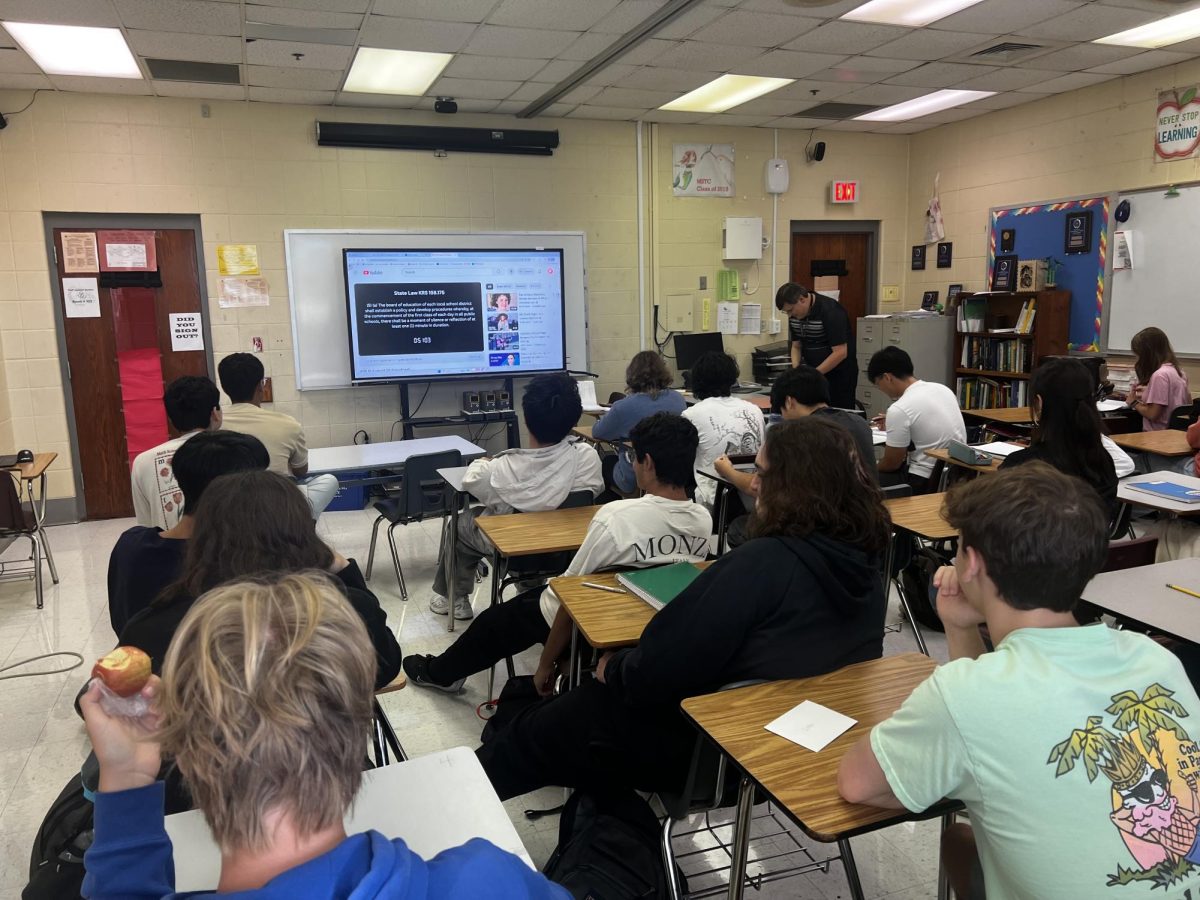















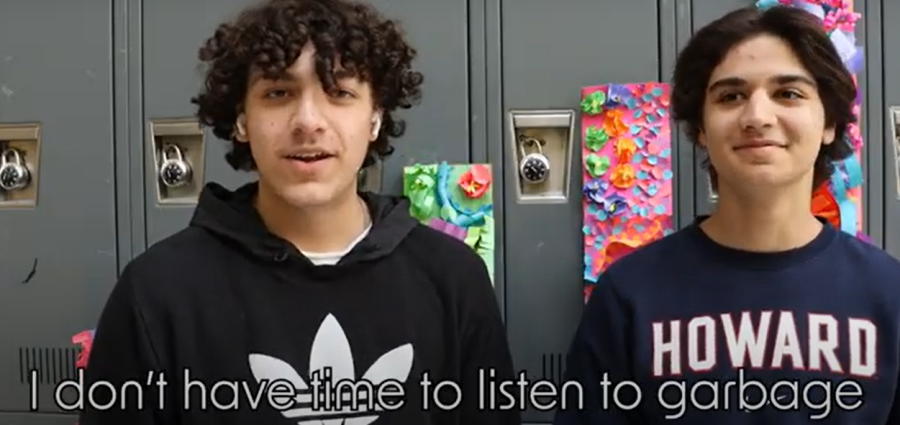



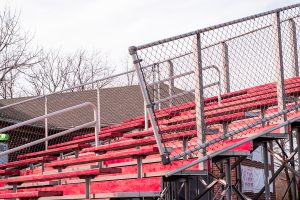
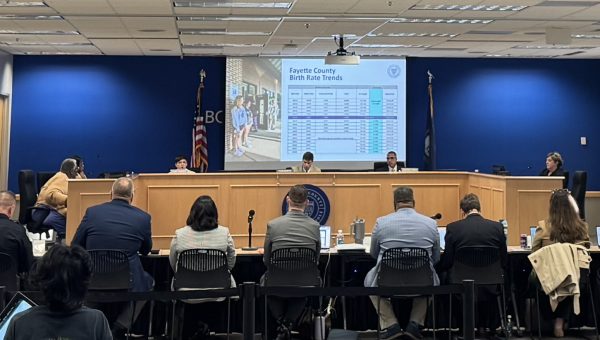



Perla • Aug 3, 2020 at 10:43 PM
Definitely do the 4×4 scheduling
Leslie Campbell • Aug 2, 2020 at 8:22 PM
Thank you for all of your insights!!!
Debbie Woods • Jul 30, 2020 at 5:11 PM
I wish I had received this email mentioned in this article. My husband didn’t receive it either.
TJ Scott • Jul 30, 2020 at 2:10 PM
I am a retired educator and wish to convey the importance of classes outside the realm of the standard
Math, English, Science, Social Studies/History.
As an educator of experiential-based courses such as art, physical education/health, music education/band, orchestra, theater /drama (and additional curricula) the proposed schedule change would pose immense challenges to students and to such courses. Most significantly to students (from diverse segments of the population in Dunbar District including”at-risk” pupils) who are ”sparked and inspired” by these subjects. The students ”who are inspired via such courses” are the justification to persevere in High School and graduate. The vast array of skills gained will carry throughout their lives. Do not select the proposed 4×4 scheduling.
Jonah • Jul 30, 2020 at 12:32 PM
I have to disagree with your favoring of the 4×4 option with different classes in different semesters. Summer slide is a real issue. According to a study by John Hopkins University, summer slide accounts for 2/3 of the achievement gaps between 9th graders. By not focusing at all on a subject, such as reading, math, science, or any other subject for not only the three months of summer but an additional semester, this gap is only expected to increase.
You cannot simply write off all students who do music, AP classes, or a foreign language as “a small minority.” They are still graded and tested on these subjects and have every right to do good in those subjects as anyone else would.
Link to study: https://www.ewa.org/sites/main/files/file-attachments/summer_learning_gap-2.pdf
Brian Nurick • Jul 29, 2020 at 8:50 PM
Very well written opinion article. You represent the Lamplighter very well. Brian Nurick, SBDM Parent Representative
Kathy (concerned parent) • Jul 29, 2020 at 6:34 PM
What an article. I don’t think you have any idea of what type of student makes up the band. I totally disagree with your article on the 4×4 schedule and who it will hurt. . Why don’t you write about fall sports and how they can take place right now but student cannot attend school. That would be an article worth writing. Why don’t we follow the CDC guidelines and just let our students go back to school on a traditional schedule everyday.